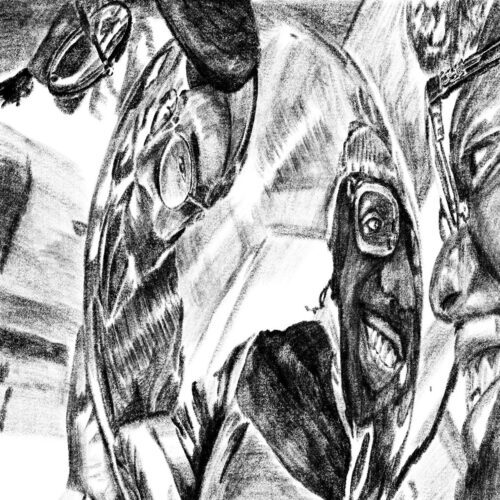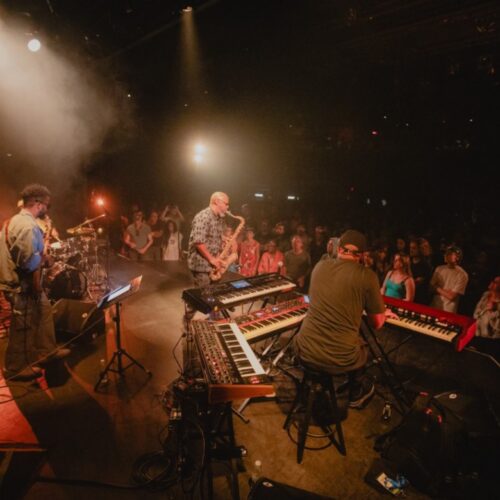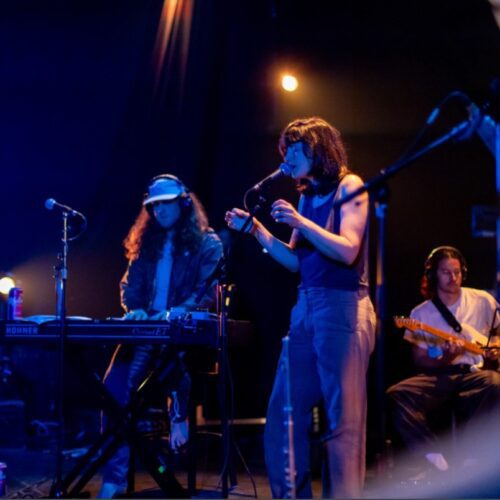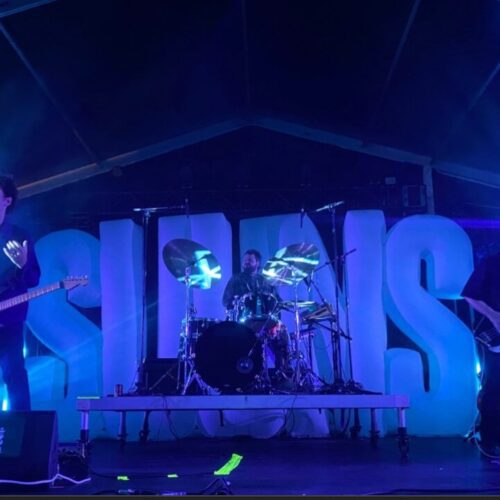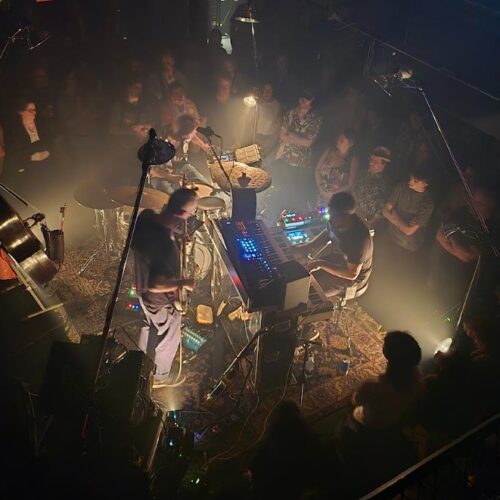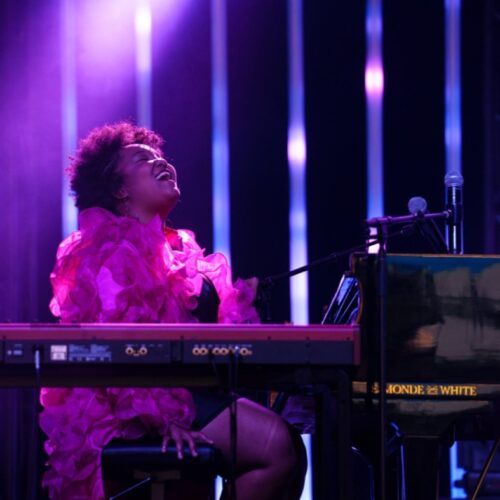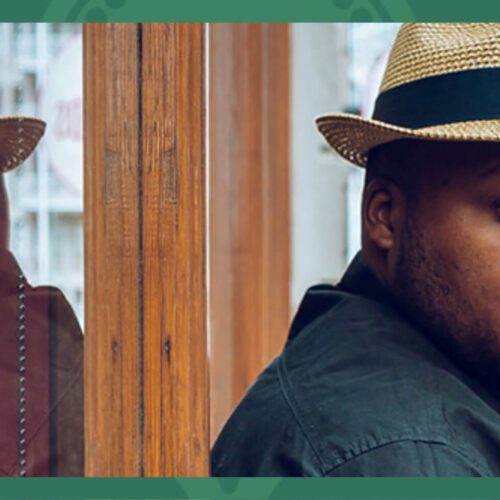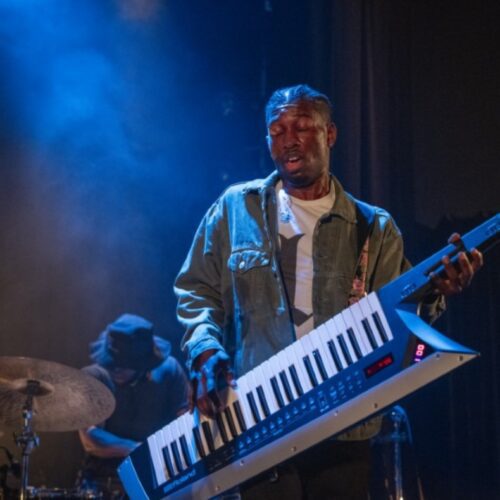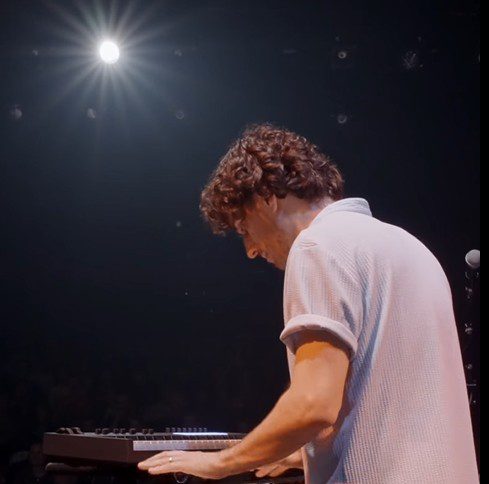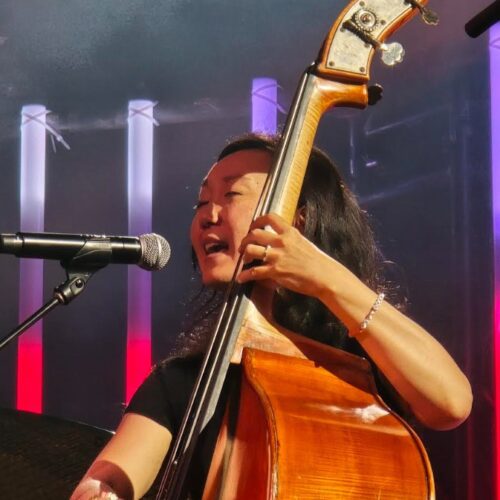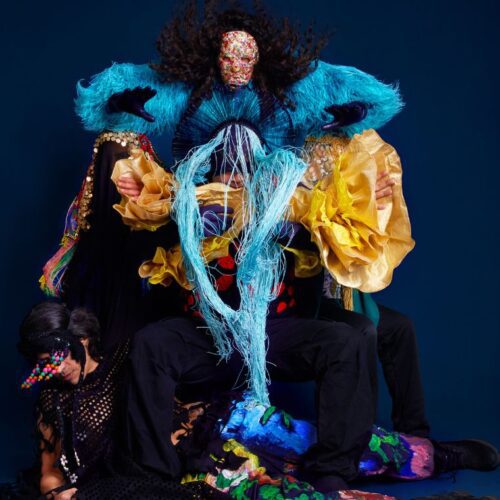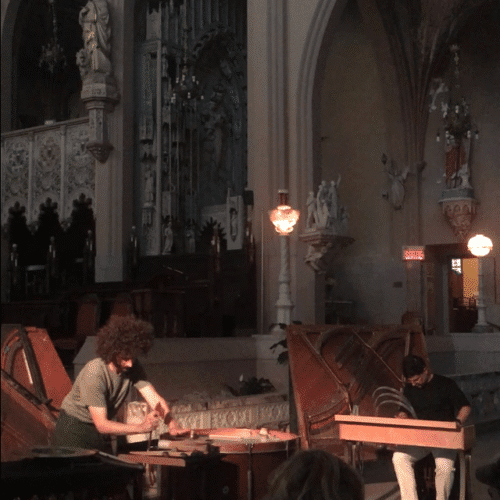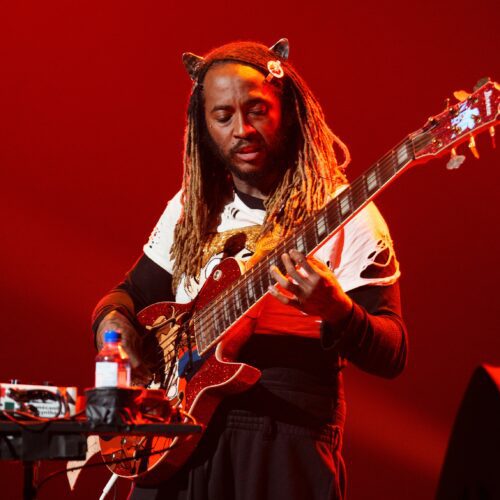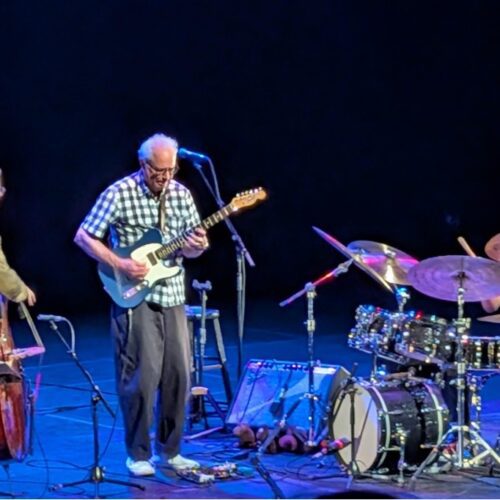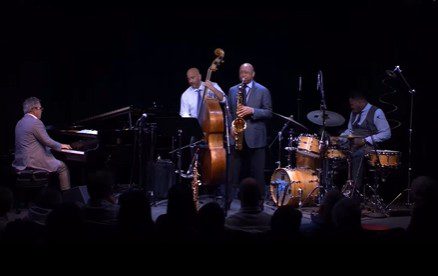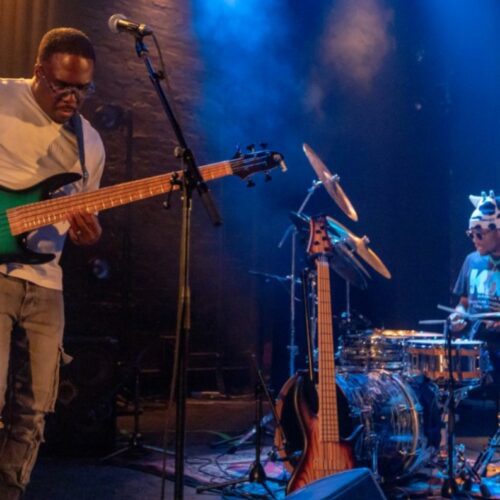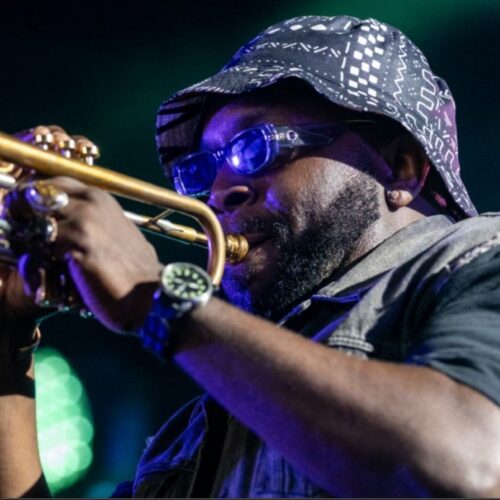MIKE’s “slacker rap” style is one of the defining elements of his voice — understated, unhurried, and emotionally raw in a way that cuts deeper the more you sit with it. Unlike the rapid-fire precision of technical rappers or the charismatic bravado of mainstream hip-hop, MIKE delivers his bars in a near-mutter, often slightly behind the beat, as if he’s thinking through each line in real time. On Pinball II, that slacker style is thrown into a more high-energy environment, but the essence remains. Even over chaotic, arcade-like trap beats courtesy of Tony Seltzer, MIKE’s verses drag slightly behind the rhythm, as if he’s letting the songs chase him.
There’s a casualness to his flow that can be mistaken for laziness, but that’s the trick. What sounds off-the-cuff is carefully crafted, pulling you into a world that feels lived-in and vulnerable. MIKE raps like someone who doesn’t have time to put on a front. His verses are loaded with dense emotional weight on “WYC4,” but the delivery is stripped of ornamentation. No punchlines for punchline’s sake, no real studio plant polish on chaotic tracks like “Prezzy.” It’s all heart and memory, filtered through a voice that sounds weary but resolute.
Part of what makes this style so compelling is how it mirrors the themes MIKE returns to again and again: grief, mental health, and survival. He raps like he’s working through these things as he records, not performing them but processing them on a track like “Angsty.”
I first learned of MIKE through his contemporary Earl Sweatshirt, and now the pair is here together on the track “Jumanji,” which is easily a favourite. It is a sizable album at 17 songs, so I did find myself having to return to it to truly finish it, but Pinball II is a great addition to the MIKE/Tony Seltzer universe.
